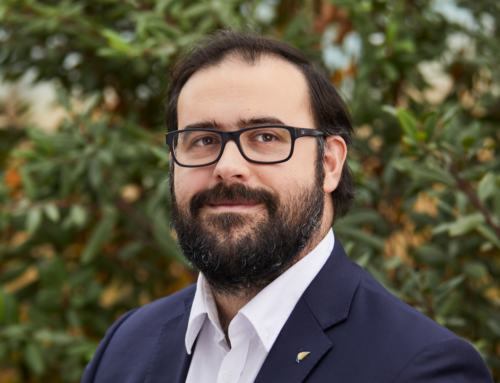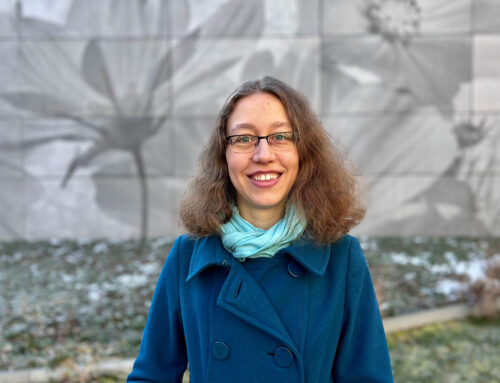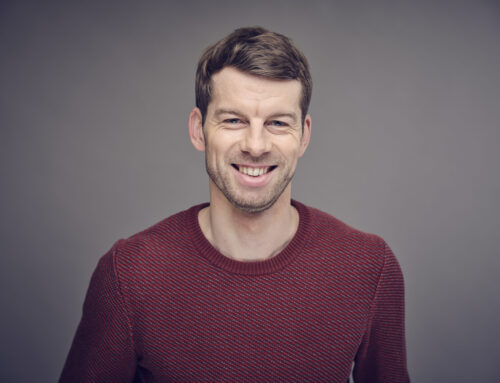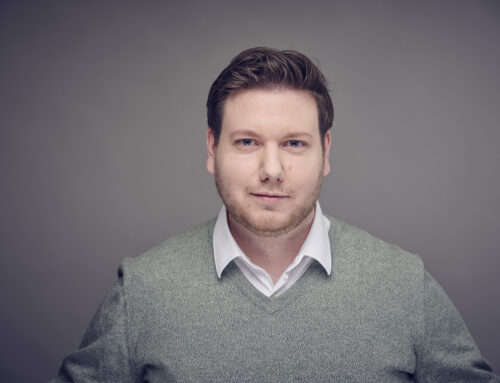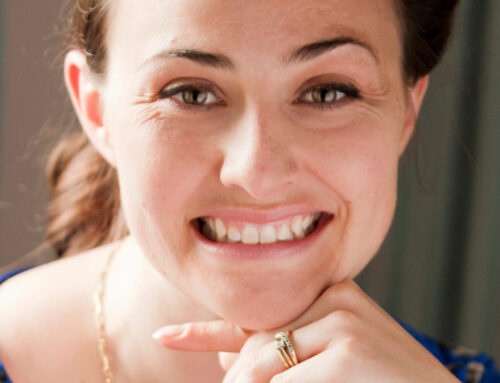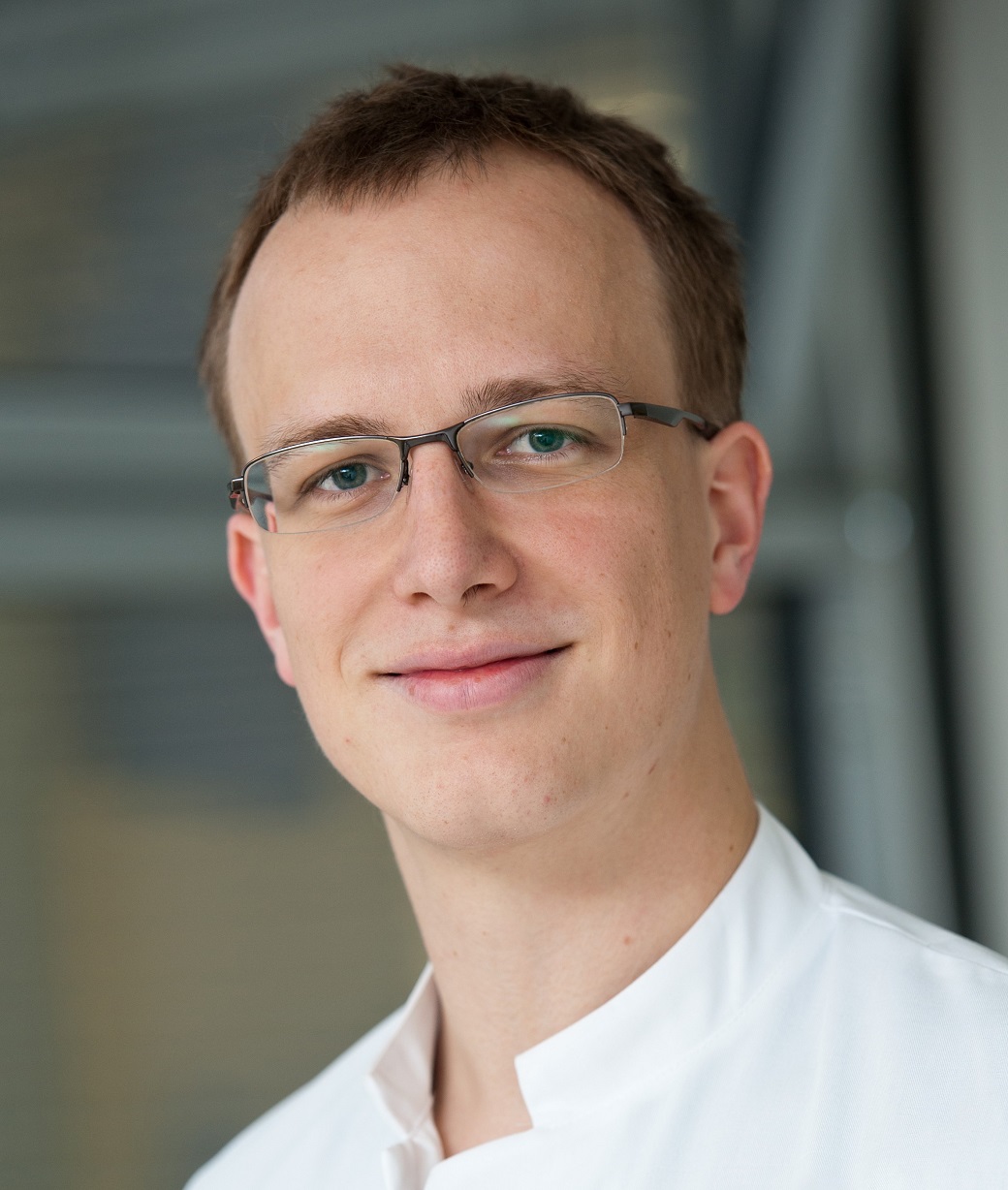
We welcome our new W2 Professor, Dr. med. Martin Wagner, to the CeTI Cluster of Excellence. From April 2023 he will start his professorship of “Surgery and Artificial Intelligence” at TU Dresden.
What motivated you to join the CeTI Cluster of Excellence?
Since 2010 I’ve been doing research on computer- and robot-assisted surgery, first in the DFG research training group 1126 „Intelligent Surgery, later in the DFG transregional collaborative research center 125 „Cognition-Guided Surgery“. Thus, I enjoy to be part of a larger ensemble of scientists from different disciplines that join forces to solve bigger problems than one alone or a group of few could solve. As a surgeon I’m especially thrilled by CeTI’s vision of the tactile internet with human in the loop (TaHiL), because this may help to answer the central question we as surgeons face every day: How can I improve my skills to treat my patients in the best possible way? I think surgery is a great use-case for TaHiL not only to envision applications of the tactile internet, but also to challenge our scientific partners to develop novel solutions for our demanding problems.
What is your research interest?
As a surgeon I have the privilege to learn something new every day in my job. This includes both, gathering experience in surgical decision making and improving (manual) skills to perform surgical procedures. As a scientist I want to develop methods, tools and assistance systems to transfer this kind of experience and skills between humans and machines. Especially, in 2018 I made a bet with a surgical friend of mine that by 2050 we will have developed a cognitive surgical robot that can perform laparoscopic cholecystectomy fully autonomously in human.
What do you think is the impact of your research on society?
In an ageing society not only do we have more patients that need surgery, but also less people to perform surgical procedures. At the same time surgeons demand more time with family and friends, which leaves less time for training and patient care. By transferring experience and skills between humans and machines I hope to train surgeons faster and hand over some tasks to machines that don’t require human surgeons.
As a researcher, what questions did you have as a child that you were finally able to answer?
Frankly, I don’t have such a question. As a researcher I am more of an engineer than a discoverer. I like to envision solutions and make them reality together with my research partners rather than answer questions on how the world works. But when it comes to how my childhood influenced me as a scientist, certainly my grandfather had a huge impact on that. He has been a trained toolmaker and spent every day of his retirement either taking care of his grandchildren or building sophisticated model airplanes. He inspired me and he certainly would have liked the idea of me doing research in the field of tools and technology for medicine.














